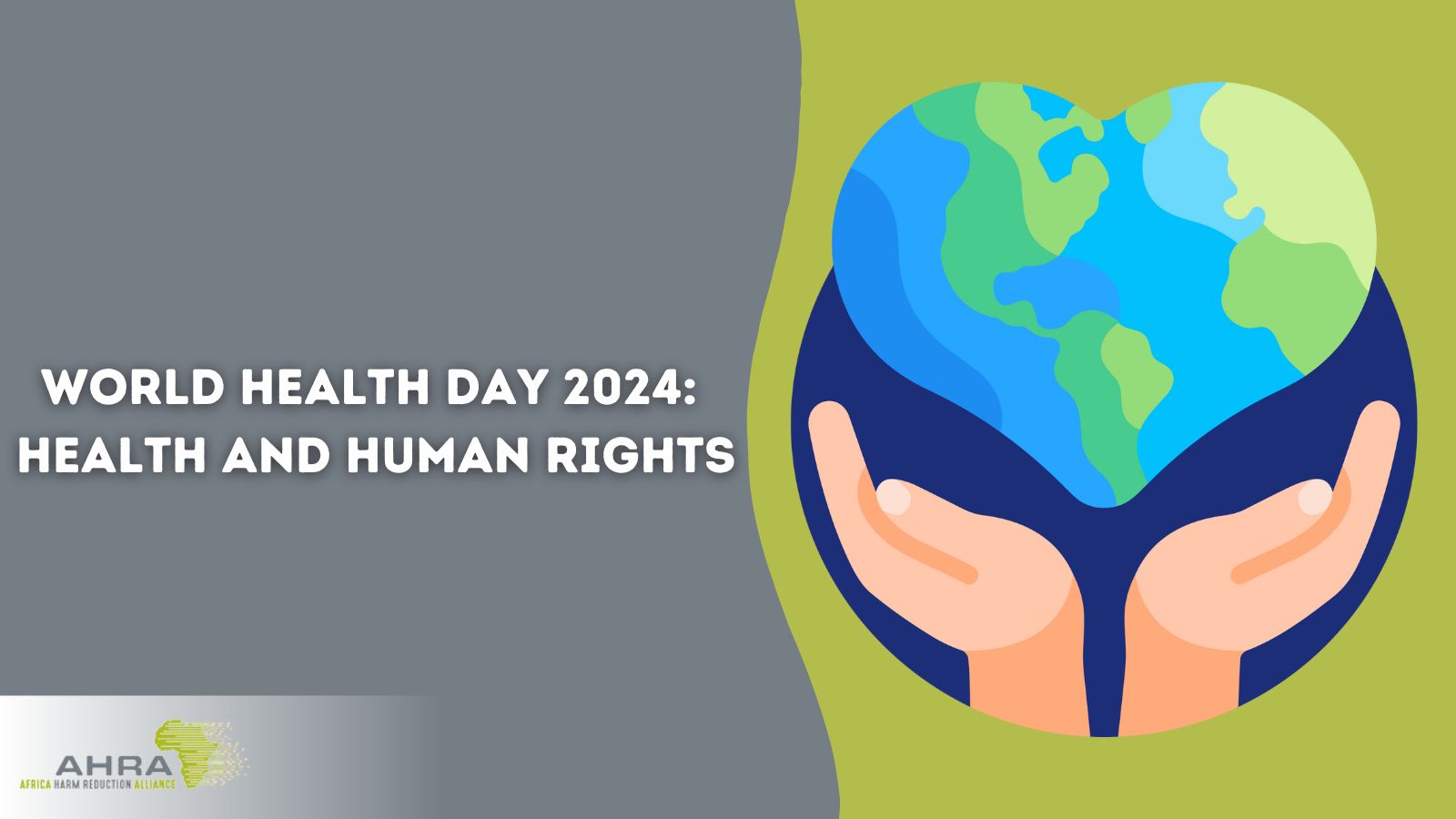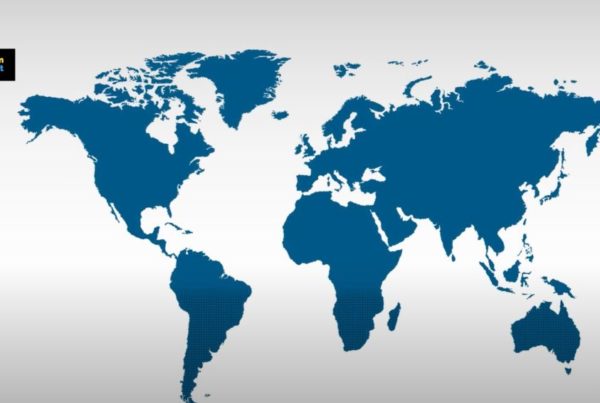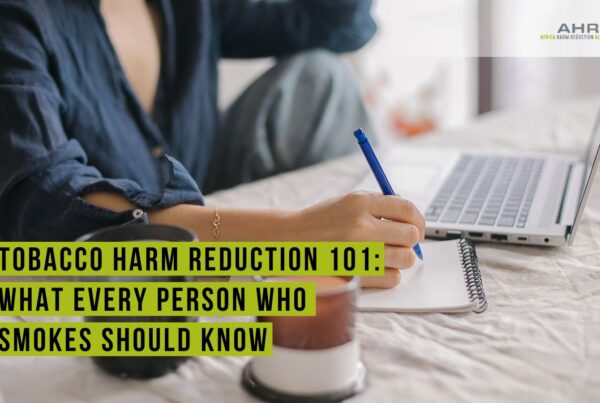The World Health Organization (WHO) was established on April 7, 1949, and the date of its establishment is commemorated annually as World Health Day. To address various health challenges worldwide, this year’s World Health Day theme is ‘My health, my right’.
Article by Joseph Magero
The right to health is related to, and dependent on, other human rights, which include the rights to life, food, housing, work, education, privacy, medical treatment, freedom from torture, and access to information.
Although at least 140 countries recognise the right to health in their constitutions, the WHO Council on the Economics of Health for All found that many do not have laws that ensure their population’s right to health services.

The lack of smoking cessation services in many African countries is a case in point. Today, more than 80% of the world’s smokers live in low- and middle-income countries, including Africa, resulting in a skewed burden of disease. According to the W.H.O., many countries in the African Region are experiencing an increasing rate of smoking.
Harm reduction can play an essential role in reducing smoking rates in Africa, as the approach sits at the intersection between public health and human rights. Africans who smoke have the same fundamental right to enjoy the highest attainable standard of health as non-smokers. They also have the right to access accurate information and products that help them achieve this.
Tobacco harm reduction can play a role in championing social justice and human rights for smokers, who are often among the most marginalised in society. In Africa, where tackling tobacco use remains a low public health priority despite significant financial investments into tobacco control measures, providing access to lower-risk alternatives helps further the overall mission to reduce mortality and morbidity.
On this World Health Day, Governments can reap health benefits for their citizens and financial benefits for their country by implementing evidence-based tobacco harm reduction policies.
“The enjoyment of the highest attainable standard of health is one of the fundamental rights of every human being without distinction of race, religion, political belief, economic or social condition.”
W.H.O CONSTITUTION, 1946.
THR Topics
Popular Posts
Quick Links
Women in THR
Related Posts
 Letter to the World Health Organization (WHO)
Letter to the World Health Organization (WHO)
Letter to the World Health Organization (WHO)
 Public Health implications of vaping in Germany
Public Health implications of vaping in Germany
Public Health implications of vaping in Germany
 Public Health implications of vaping in the United States of America
Public Health implications of vaping in the United States of America








